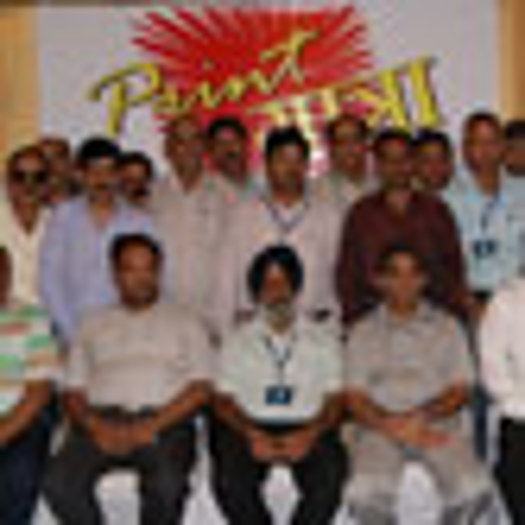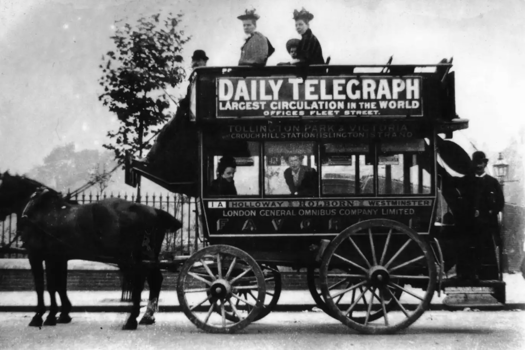"Such steps are necessary for brand building and prompting the youngsters for adopting printing as a career, when the industry is facing an acute shortage of skilled labour and the younger generation is unaware about the opportunity that lies in the industry. Most of us are unaware about the fact that the print industry stands as the second largest industry of the world.
Under the campaign, OPA will provide free training to the students at the printing units of its members. The students can choose from pre-press, DTP, screen printing, post-press, binding and machine operation modules. While in their training period, the students will receive a stipend of Rs 1,000 each month.
"The training session will incorporate the student’s preference, where he can select either part-time, weekends or full time training sessions. On the completion of the given number of hours of training the students will be provided with a certificate from the MSME, Government of India," added Chopra.
After successfully completing training for at least three modules, the student will be eligible for advanced supervisory training and thereafter managerial training. OPA has made a provision for a diploma or degree in printing wherein the students pays for higher level supervisory or managerial trainings at a printing institute.
The key features of the Print Chetna campaign
- The certification that will be provided by the MSME, Government of India
- Demand driven short term training courses based on modular employable skills
- Flexible delivery mechanism (part time, weekends, full time)
- Different levels of programmes (foundation level followed by higher degree of training)
- Training to be provided at the industrial establishments










